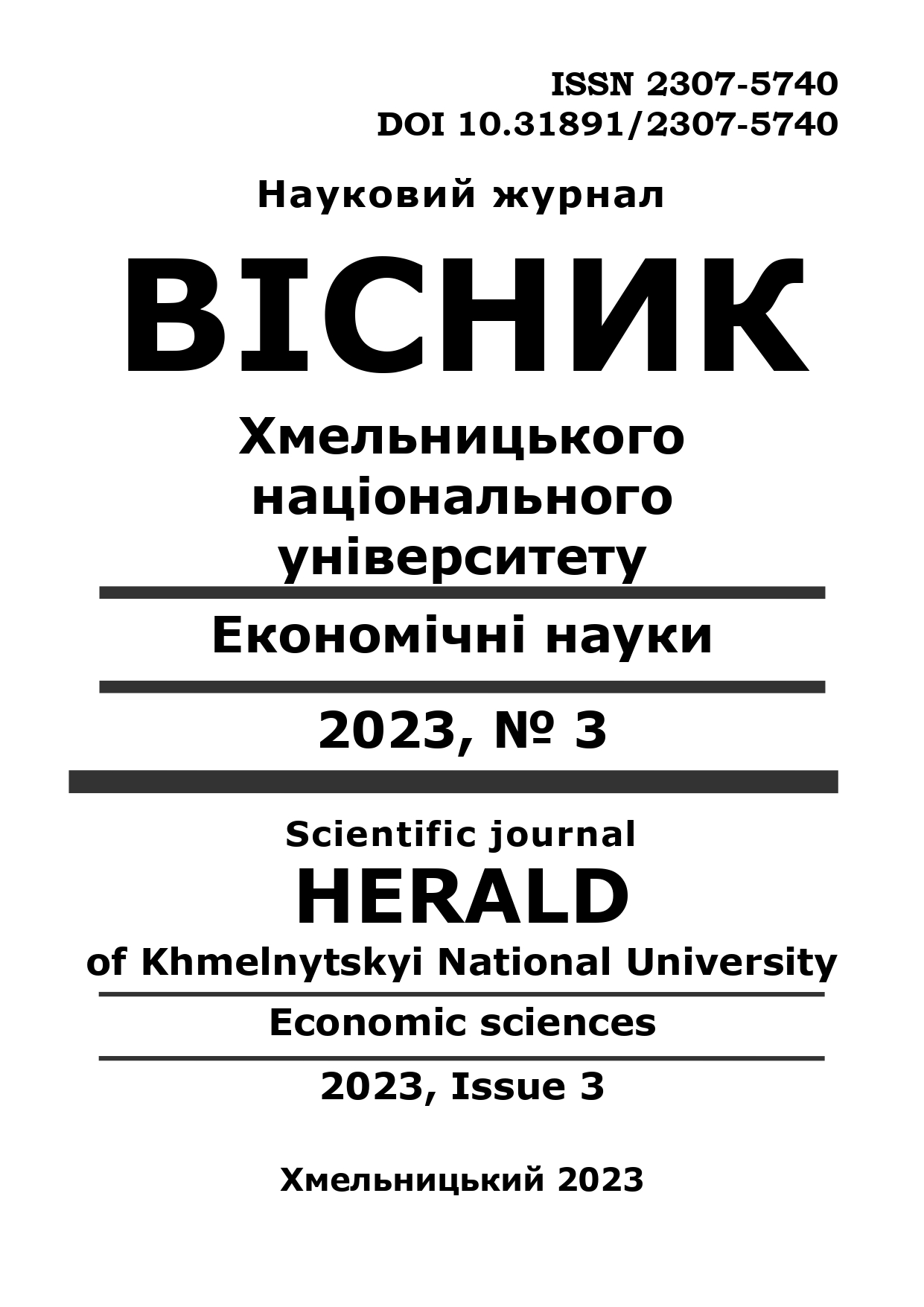ECONOMIC FOUNDATIONS OF RESOURCE CONSERVATIONIN UKRAINE: FOREIGN EXPERIENCE
DOI:
https://doi.org/10.31891/2307-5740-2023-318-3-25Keywords:
resource saving, energy saving, sustainable development, technologiesAbstract
Resource conservation is a critical component of sustainable development and is essential for preserving natural resources and ensuring economic development in a country. Underestimating the importance of resource conservation can lead to the loss of most natural resources, exacerbating socioeconomic problems and decreasing the quality of life for the population. Therefore, research in this area provides an understanding and support for implementing resource conservation strategies and policies that ensure sustainable economic growth and preserve natural resources for future generations. The essence of the concept of resource conservation and the main approaches to its definition and assessment are presented. The experience of countries successfully implementing resource conservation and energy efficiency strategies is analyzed. Specifically, the development of renewable energy in Germany, where priority is given to wind and solar energy, with the use of cutting-edge technologies for efficient energy storage; Scandinavian countries, where sustainable development is seen as a national Strategy and supported by comprehensive investment programs in innovation and low-carbon technologies; Asian countries, such as Japan and China, where resource conservation and environmental safety are a priority supported by government programs and incentives for industry. Successful resource conservation is possible through government support, innovation incentives, and renewable energy development. Ukraine has significant experience in resource conservation. However, it is increasingly difficult to financially and technically support resource conservation measures in martial law conditions. Ukraine is taking steps towards resource conservation, which have allowed for resource efficiency ranging from 12 % to 44 %. The most effective is working with secondary raw materials, where successful projects have saved over 44% of waste and resource utilization. However, attention should be paid to using land resources, where efficiency is only 15 %, and additional measures are needed to increase efficiency in this area.


